2015 has been a full year. Personally, the biggest moment was August 22nd when my wife Teresa and I welcomed our third child into the world, baby Joseph. I’m now the father of three children under the age of 5, and my life is fuller – and my work for social change is more urgent – than ever before.
When I think back on the year, I have a lot of memories and lessons learned. I remember traveling around the Leech Lake Reservation with TakeAction member Christina Bowstring and hearing the heartbreaking and courageous stories of tribal members fighting against sex trafficking, drug abuse and poverty.
I remember a perfect fall day, looking out over Lake Superior while walking from one door to the next, as I and other volunteers got out the vote in Duluth.
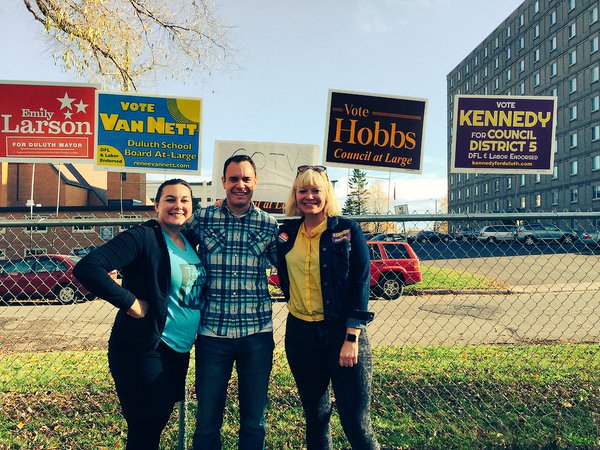
I remember the frustration of seeing a golden opportunity to restore voting rights to 47,000 people slip away in the final days of legislative session, and the hope and emotion I felt a few months later when the teenage son of Kevin Reese, an inmate at Lino Lakes prison, presented Gov. Dayton with letters from his father and 100 other inmates, asking that voting rights be restored.
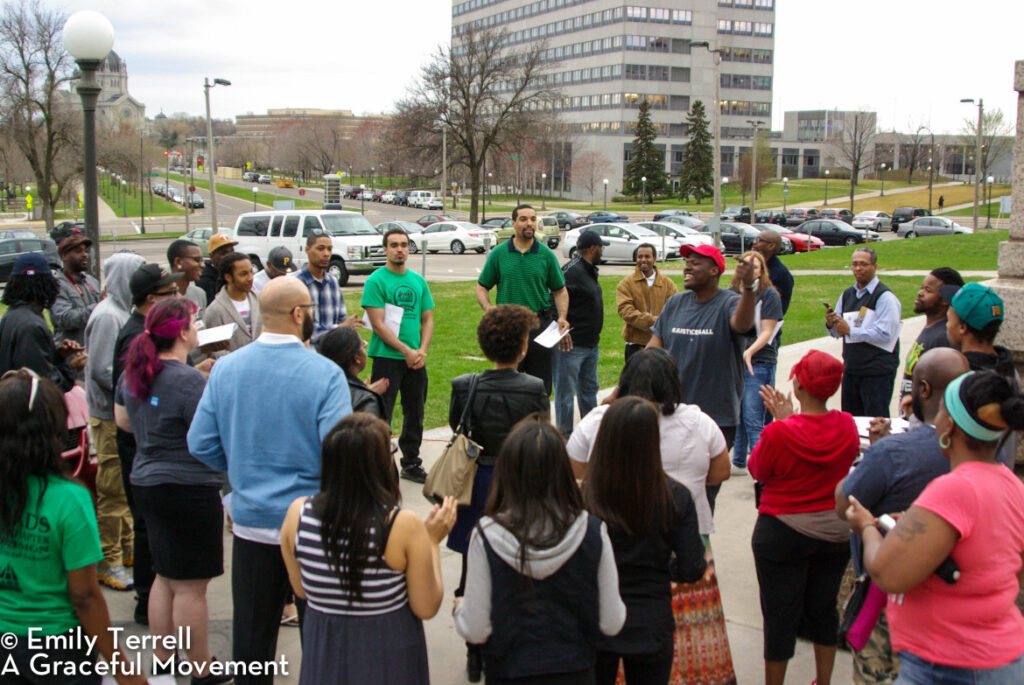
I remember the tense days after the shooting death of Jamar Clark and the protests led by Black Lives Matter on the Northside of Minneapolis.
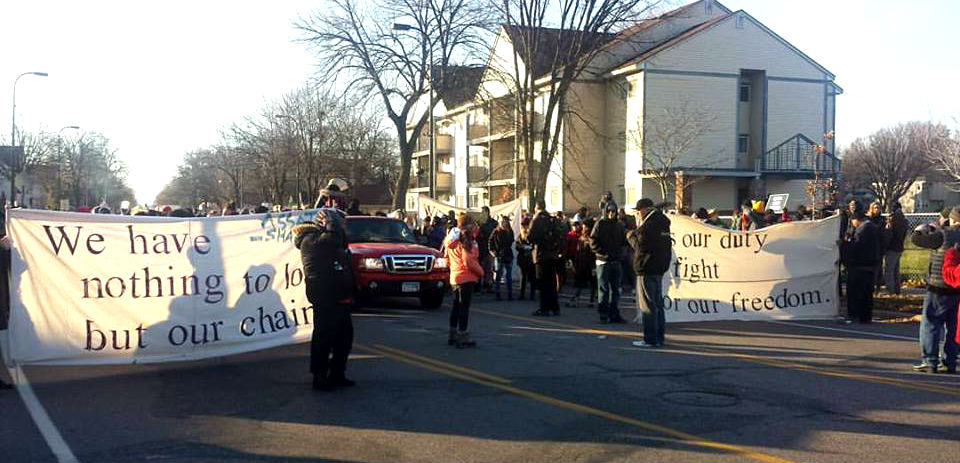
I will always remember the excitement and power of the Minnesotans for a Fair Economy People’s Congress where 1,700 people from across a dozen organizations committed to each other to change who decides and who benefits in our state.
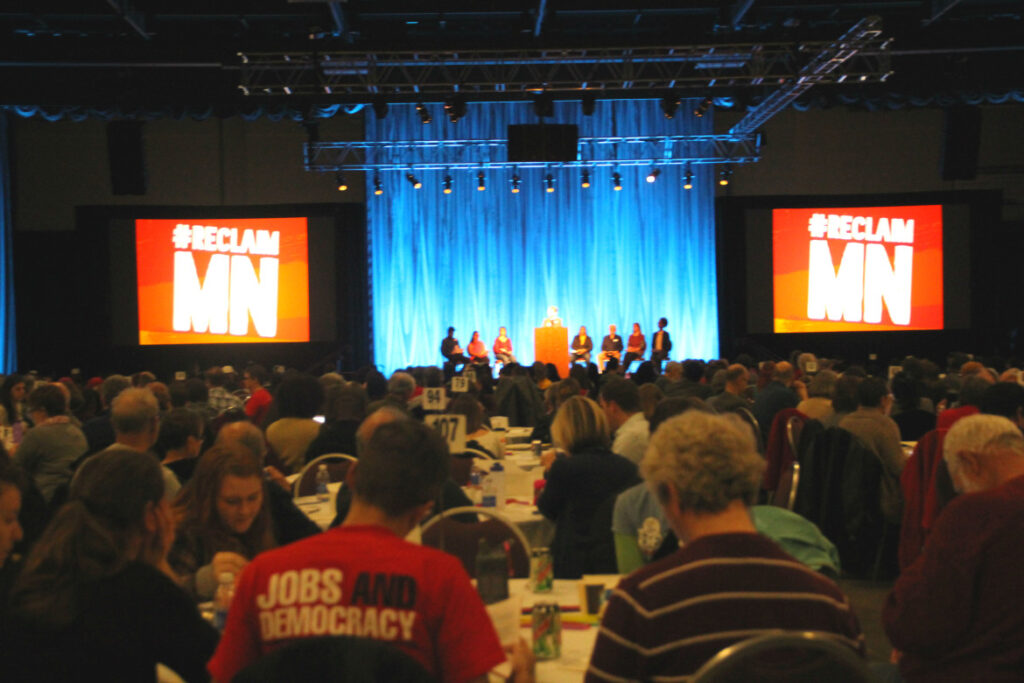
2015 was not a year of monumental issue or electoral victories. Instead, we saw time and again the challenge of making progress in divided government when our politics are more polarized than ever. But that doesn’t mean there wasn’t progress.
People are organizing across race, geography and generation as never before and, as a result, our movement is bigger and stronger. Nine faith, labor, and community organizations reached out to more than 2,000 residents in Duluth and crafted an inclusive, equitable and actionable vision for their city. Now the stage is set for a new cadre of local elected officials to make “Vision Duluth” a reality. More than 50 seniors gathered in Willmar to discuss the challenges we all will face of needing care as we age and the needs of caregivers to earn a decent living. This spring, a new coalition of African American led service organizations connected their clients to TakeAction’s advocacy work and the voices of those impacted by the criminal justice system are now heard loud and clear at the state Capitol.
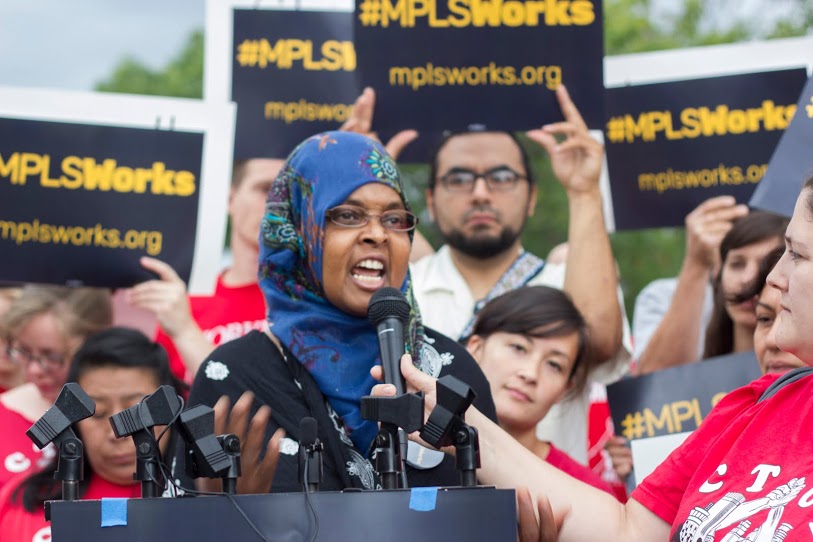
As new coalitions form, new leaders emerge and new political leaders take the reins, we are also able to see how the larger story in our state has changed in the last 12 months. Where once issues of racial inequity were met with a collective shoulder shrug in Minnesota, now these issues are squarely on the political agenda and may be included in a special legislative session, which would be an important first step. Meanwhile, coalitions like Minnesotans for a Fair Economy and Minneapolis Works have made the oversized role major corporations play in writing the rules of our economy plain for everyone to see. And new organizing has revealed deck is stacked against women in our economy, from the way homecare work is undervalued, to the penalty far too many women pay when they choose to stay home to care for themselves or their kids without any earned sick time at work.
That the larger story has changed and new questions are being asked is an incredibly important accomplishment. But it’s not enough. Now we need to answer these questions with strong organizing that shifts power into the hands of people. That’s what’s on the agenda for 2016 – a critical set of legislative elections that will decide if we can make bold breakthroughs on voting rights, earned sick time, health care and more in 2017.
As we continue to organize, more and more will become possible in Minnesota. And that’s what TakeAction Minnesota is here to do.
